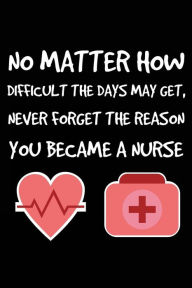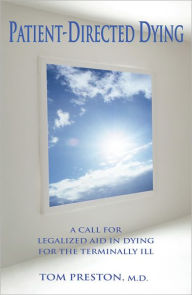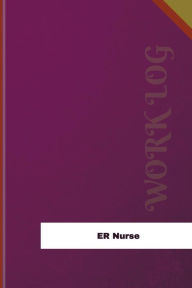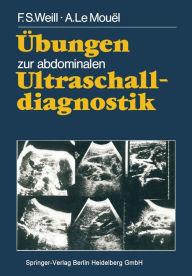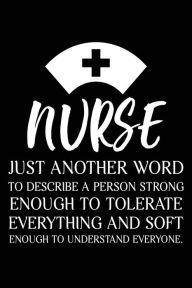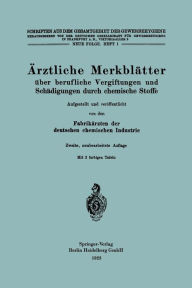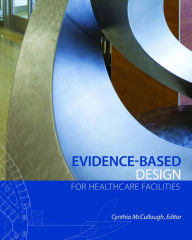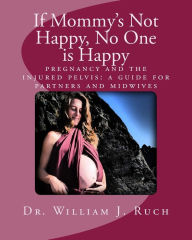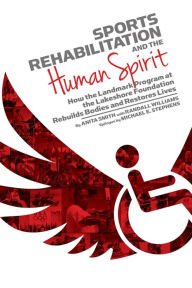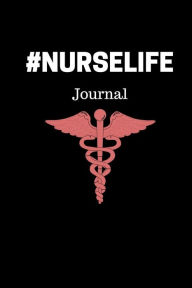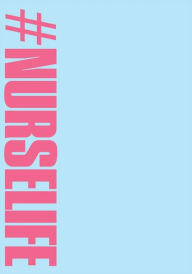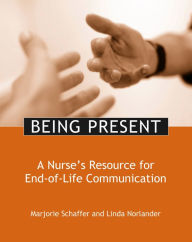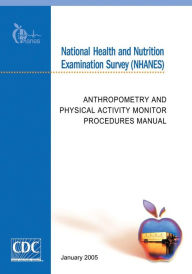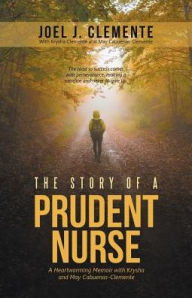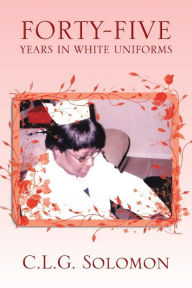Ginhawa: Well-being in the Aftermath of Disasters
Ginhawa: Well-being in the Aftermath of Disasters
The Philippines is highly vulnerable to disasters, both natural and human-induced. In the aftermath of a disaster, massive rescue and relief operations are required medical treatment, food, clothing, shelter, and sanitation, the immediate reconstruct...
Read more
The Philippines is highly vulnerable to disasters, both natural and human-induced. In the aftermath of a disaster, massive rescue and relief operations are required medical treatment, food, clothing, shelter, and sanitation, the immediate reconstruction of infrastructure. But beyond the physical havoc wrought by disaster, the victims feelings of shock, fear, grief, perplexity, and helplessness need to be addressed. For the devastation in the lives of the people and their communities is manifest not only in the mud and debris trauma may take root and fester in the psyche as well. "Ginhawa" (well-being, in Filipino) discusses the importance of psychosocial care in disaster management. In presenting psychosocial intervention concepts, strategies, and programs, it demonstrates that crises and adversities in peoples lives need not remain misunderstood sources of disabling symptoms, but may be taken as challenges and opportunities for growth and the promotion of well-being, turning victim into survivor.
Less




